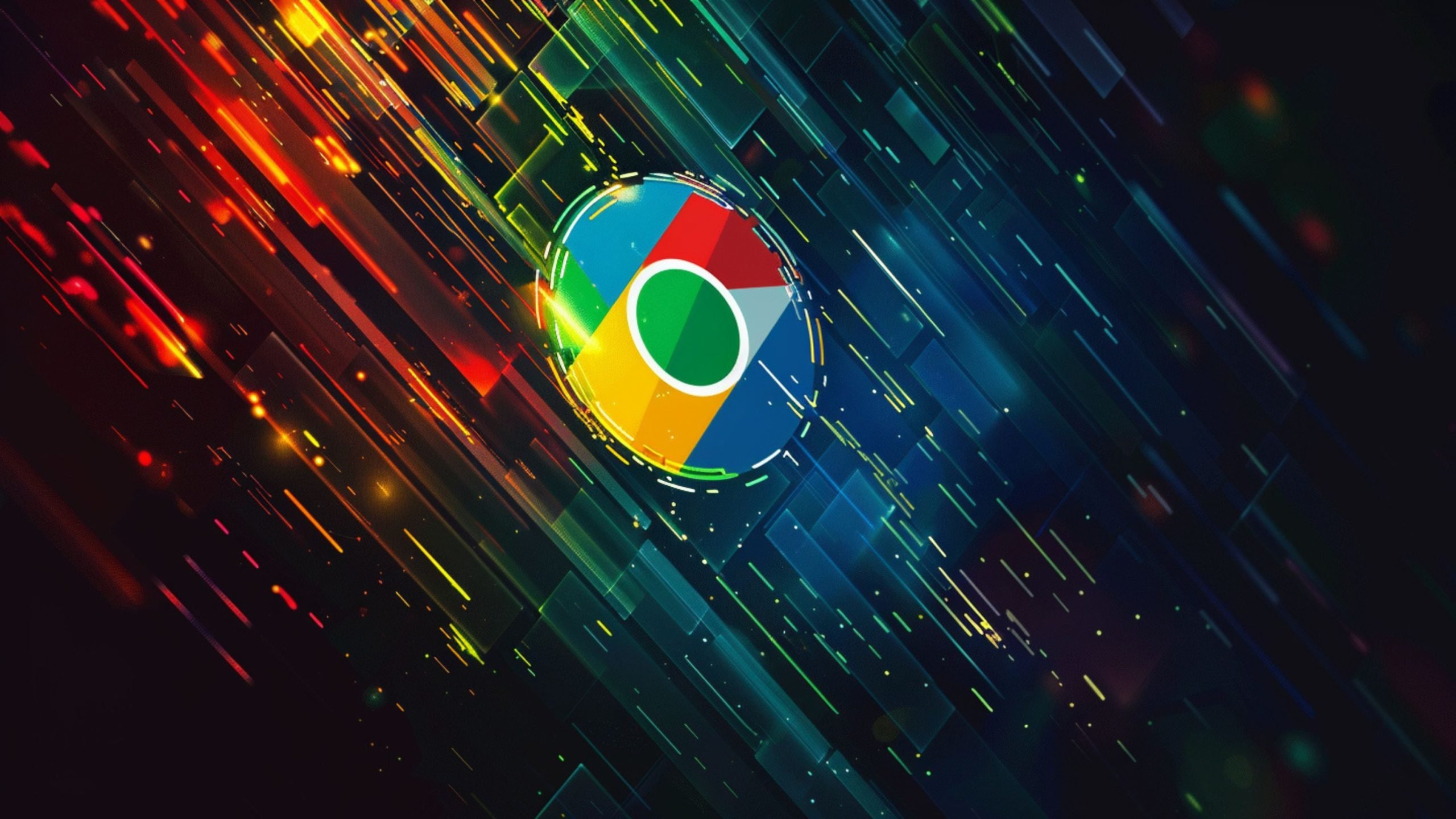Every move Google makes regarding Chrome’s development and features is made from a position of extreme market share power, considering that the browser is by far the most widely-used one in much of the world – and one that a number of other browsers are based on.
These facts make the ongoing controversies around the introduction of Manifest V3 – a new version of Chrome’s extension API, which has been in the works since 2018 – all the more glaring and important.
Google says that Manifest V3 is there to make the extension architecture safer while improving Chrome’s performance, while critics, notably a number of developers of extensions that block ads and/or enhance privacy, argue that the new rules impose restrictions on their software’s functionality and features.
Although Google initially denied that the goal was to do away with ad blocking (even if this makes perfect sense from the giant’s point of view, considering its business model) – that is what is effectively slowly happening now that Manifest V2 is being replaced, with extensions using it no longer supported in the browser.
Among the developers who have detailed the ways Manifest V3 affects their extensions is the popular and highly trusted users uBlock Origin, whose creator Raymond Hill decided to discontinue its development for Chrome, advising users to migrate to browsers that support uBlock’s full version.
Chrome users, meanwhile, will have to deal with uBlock Origin Lite, whose features are limited, in order to comply with Manifest V3.
Those behind uBlock competitor AdGuard recently revealed what elements of the extension they had to remove because of Manifest V3 – Quick Fixes filter on a permanent and Custom filter on a temporary basis.
A spokesperson said that as the new rules are being applied, it has become obvious that they are “far more restrictive” in terms of allowing flexibility in solving compatibility issues than previously appeared to be the case – claiming that Chrome, for example, has walked back its assurances that ad blocker functionality would not be classified as remote code.
The promised “improvement” in Chrome’s performance is something that is yet to be properly tested and determined.










